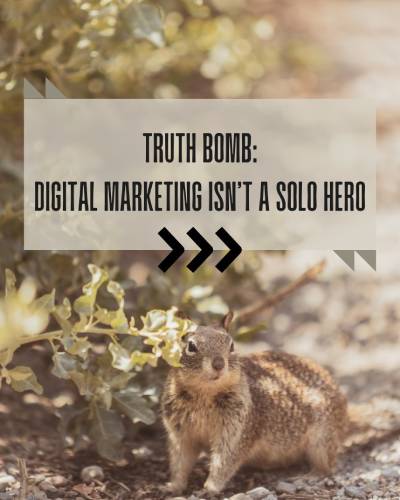For some businesses, digital marketing isn’t as simple as turning on a Facebook ad or writing a clever caption.
If you’re in a restricted or regulated industry, you already know the rules are different. You’ve likely had ads flagged, posts denied, or found yourself buried in policy updates that seem to change every month.
The truth? You’re not doing it wrong.
The system just isn’t built with your business in mind.
But that doesn’t mean you can’t build momentum. It just means your strategy has to work smarter.
🚫 What Counts as a “Restricted” Industry?
Some of the most commonly impacted industries include:
- Medical & Healthcare (especially anything tied to treatment claims or prescriptions)
- CBD, Cannabis, or Wellness products
- Legal services
- Firearms and related products
- Financial services and insurance
- Alcohol, tobacco, or adult products
Whether it’s due to legal regulations, ad platform policies, or simply public perception, businesses in these industries face tighter digital limitations.
🚫 What You Can’t Do
If you’re in one of these spaces, you’ve likely run into a few of these roadblocks:
- No paid advertising on platforms like Meta, Google, or TikTok
- Posts that get removed or flagged without warning
- Strict limitations on keywords, claims, and even emojis
- Inconsistent platform policies that don’t always make sense
Trying to “work around” these rules often leads to shadowbans, ad account suspensions, or worse—being deplatformed entirely.
✅ What You Can Do Instead
Marketing for a restricted industry requires longer plays, stronger content, and a deeper understanding of how to earn trust without shortcuts.
Here’s what does work:
1. SEO That Works Around Limitations
Build organic search visibility through strategic content, optimized service pages, and location-based search terms. You may not be able to advertise—but you can absolutely be found.
2. Value-Driven, Educational Content
Think blogs, video walkthroughs, and FAQ pages. When you can’t say everything in an ad, say it on your site—where you have full control.
3. Build and Use Your Email List
It’s one of the most underutilized tools in restricted industries. These are people who want to hear from you. Nurture them with consistent, relevant communication.
4. Reputation & Local Credibility
Leverage Google Business Profiles, reviews, local directories, and community involvement. For many restricted industries, trust begins close to home.
5. Thoughtful Social Presence
You might not be able to run ads, but you can still build awareness. Use social platforms for education, storytelling, and creating brand familiarity.
🎯 Strategy, Not Just Content
When traditional ad tools are off the table, strategy becomes everything. That means every word, every piece of content, and every platform you touch has to be intentional.
You’re not just marketing a product or service—you’re navigating policy, regulation, and public opinion. Your approach has to reflect that.
And no—marketing louder won’t fix it.
You need to market smarter.











